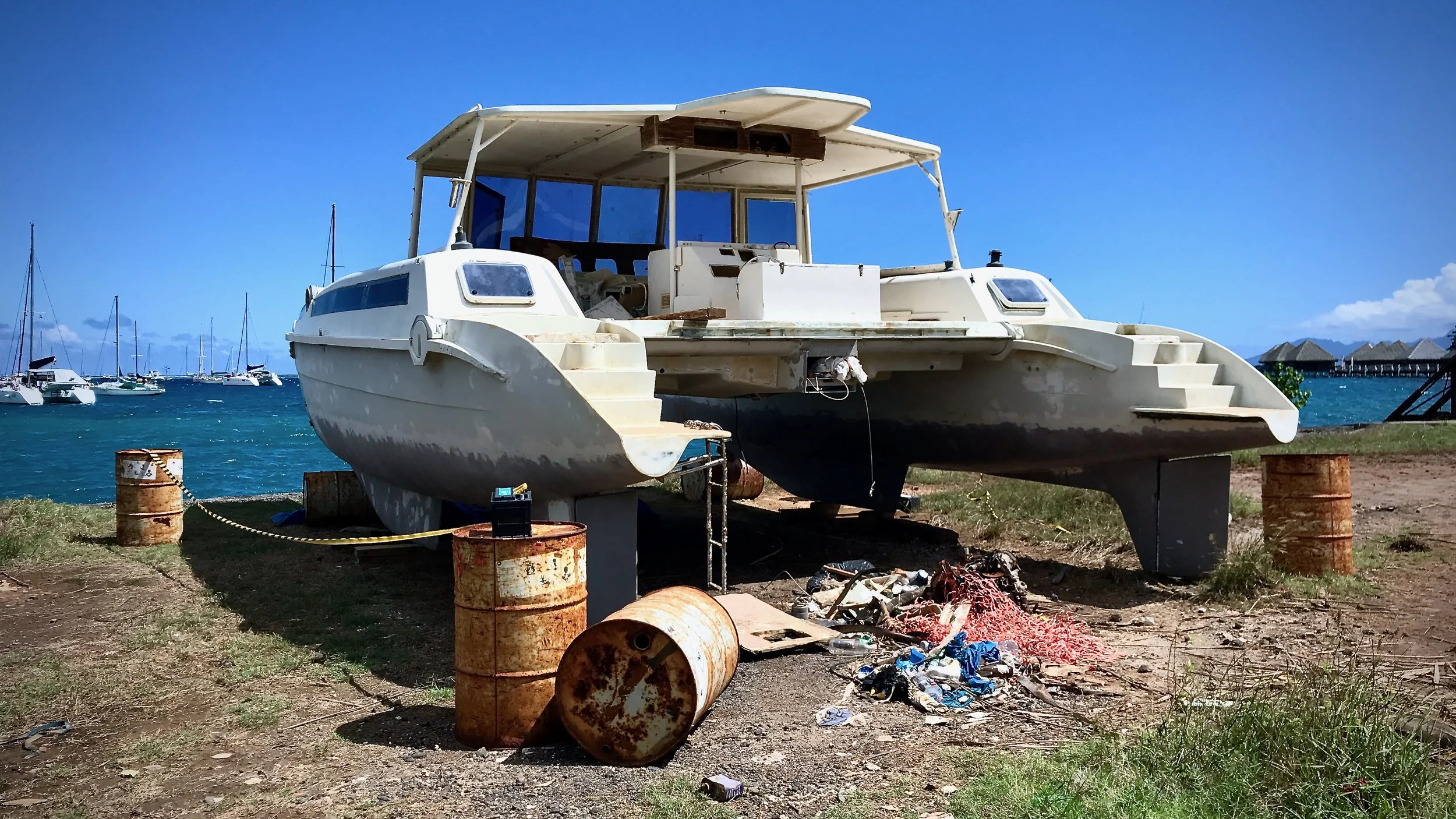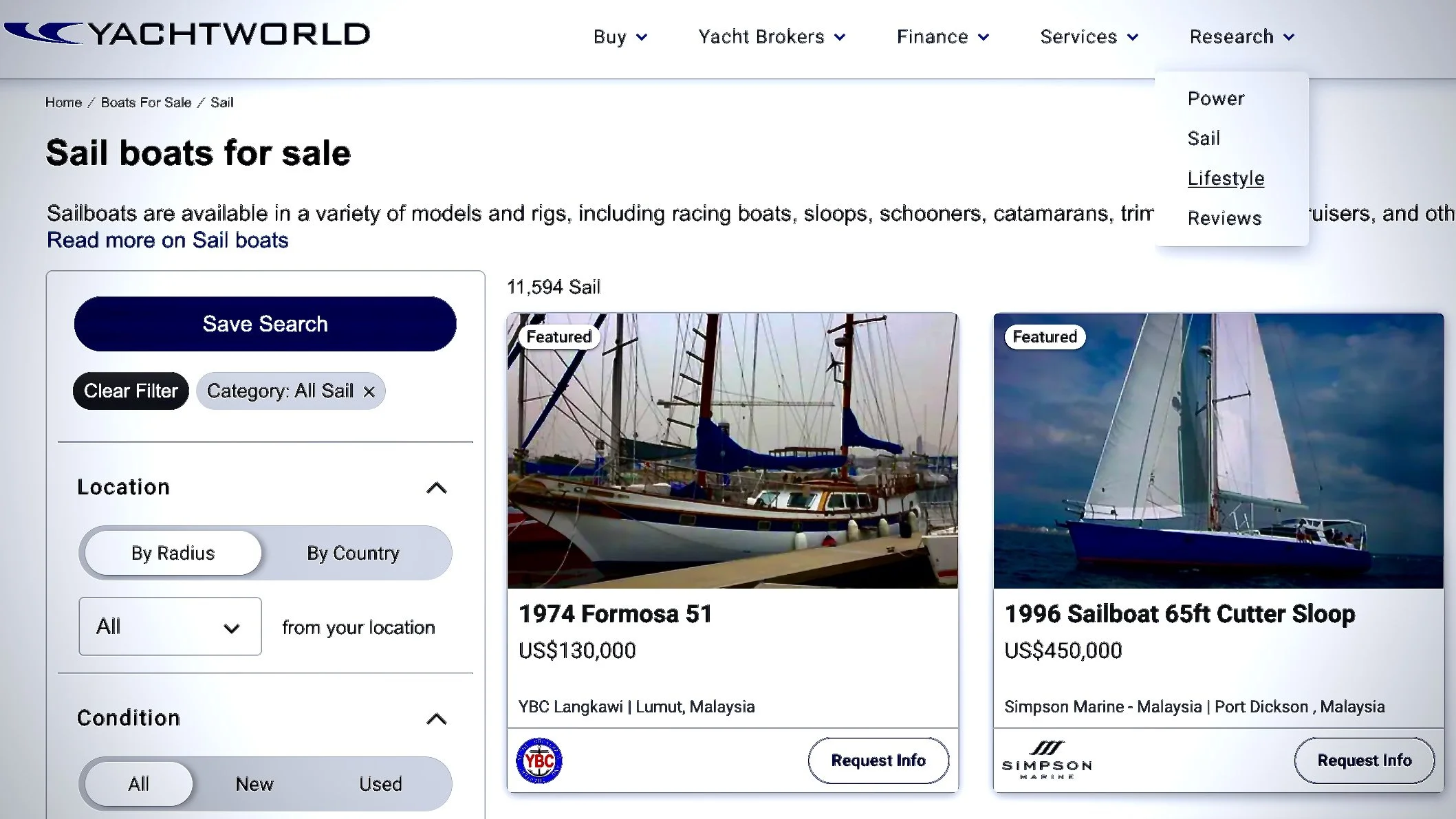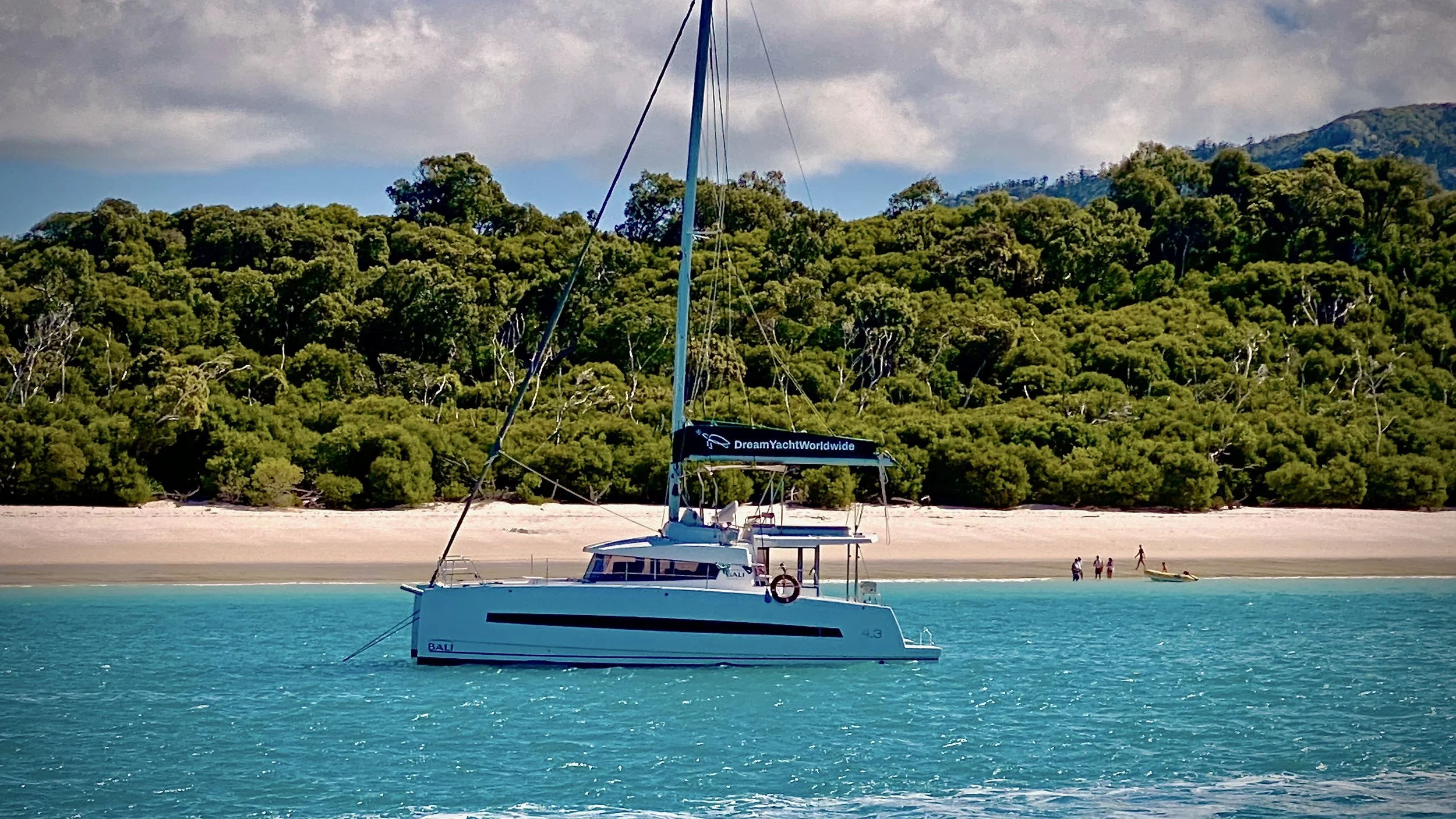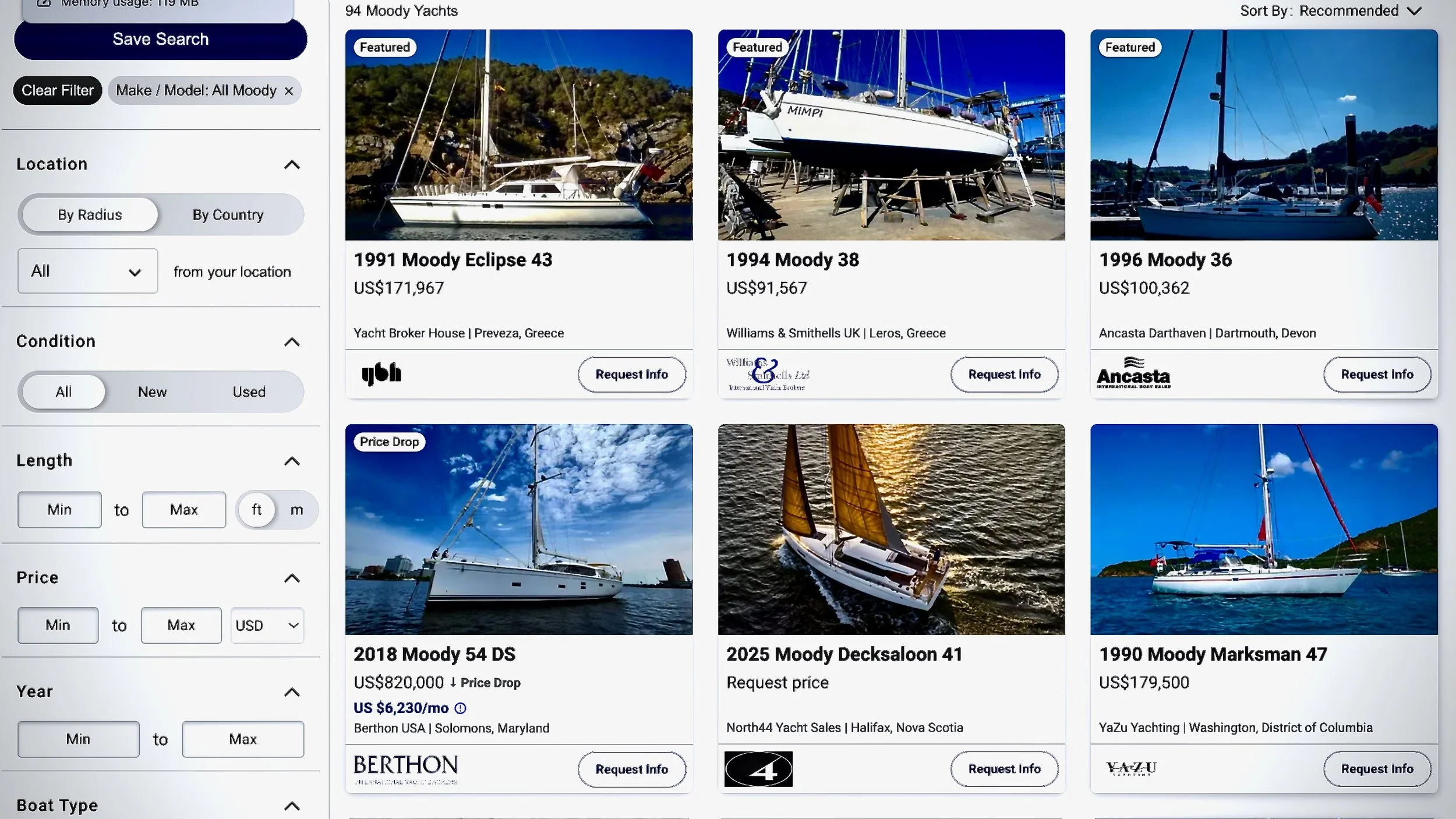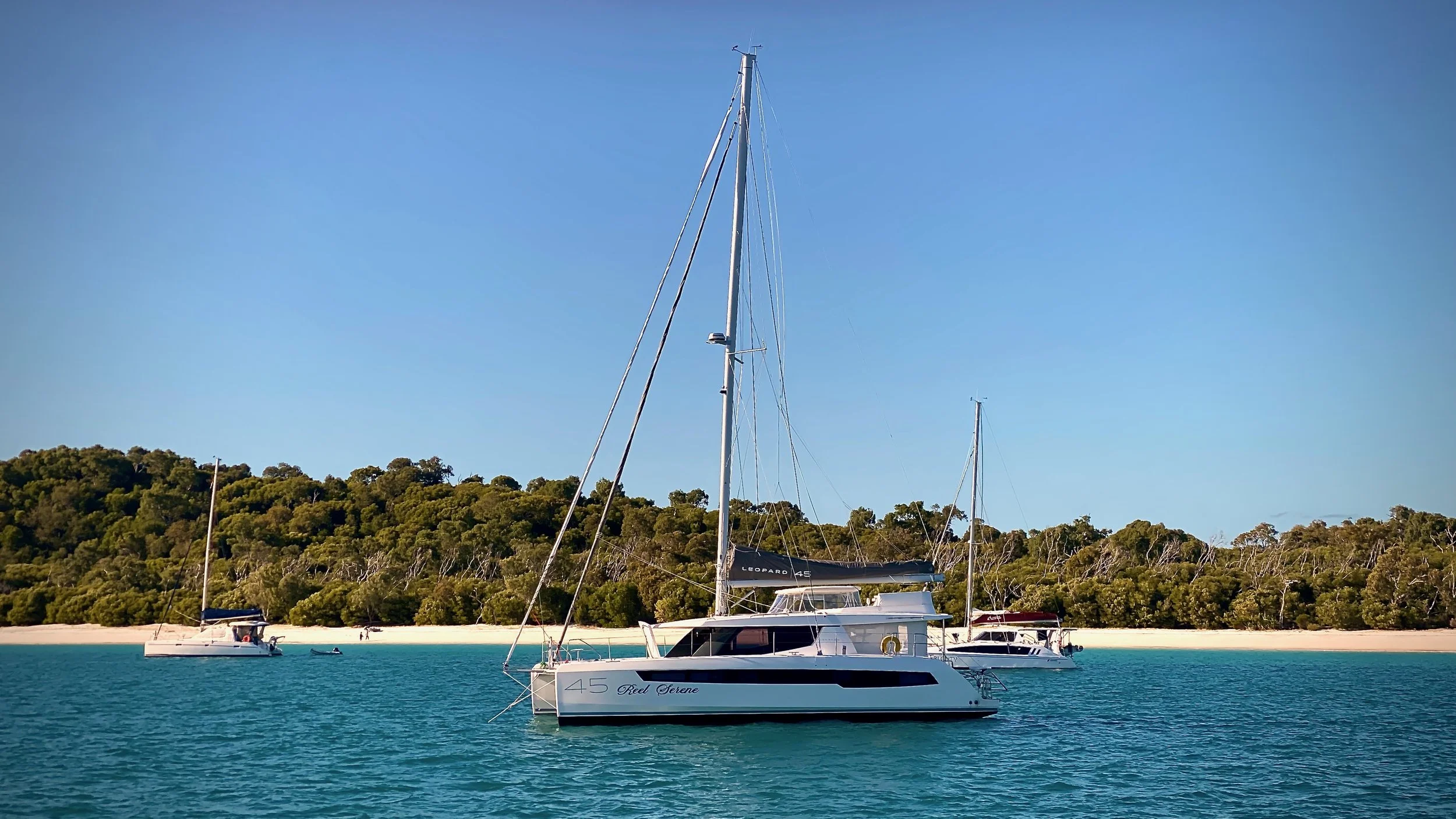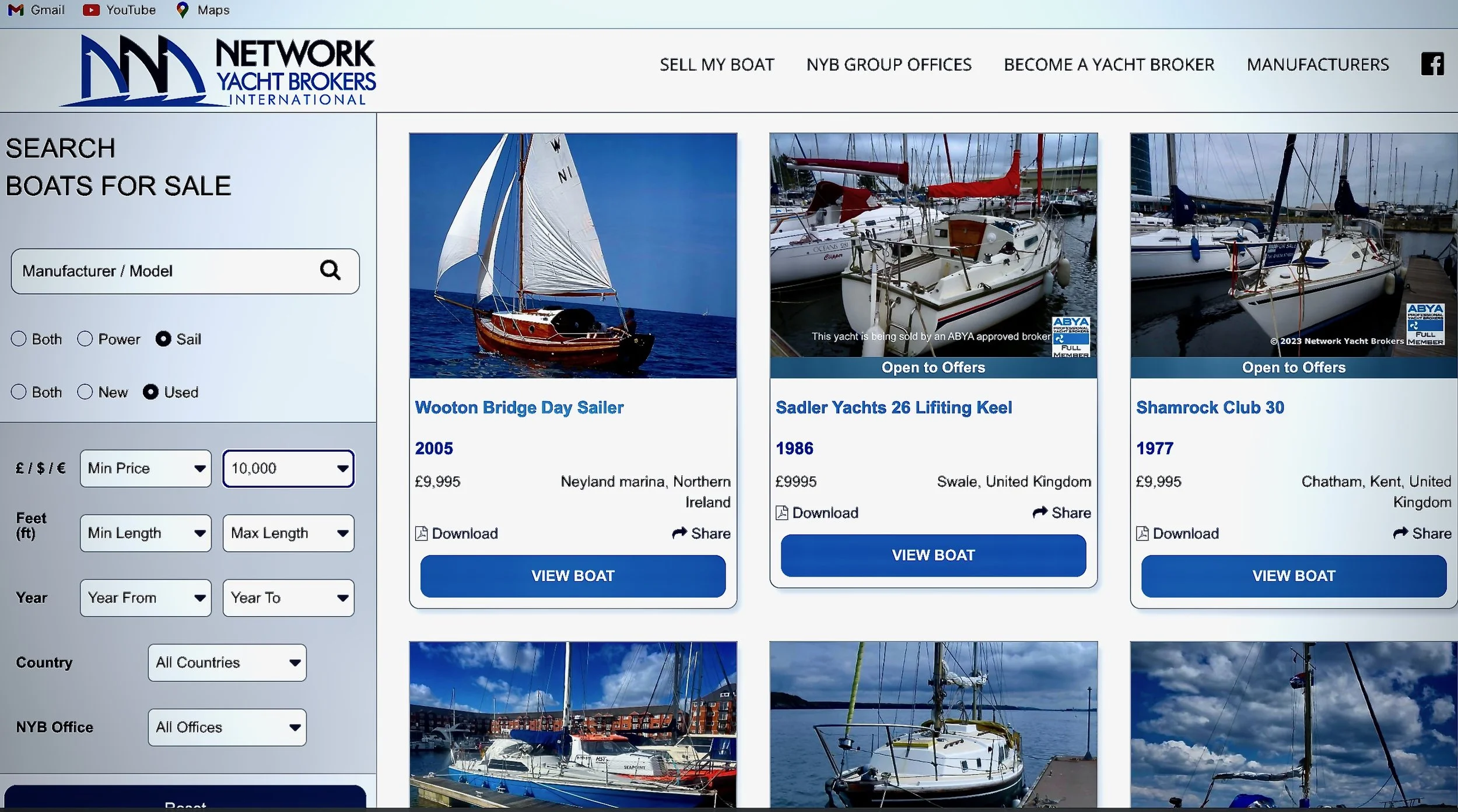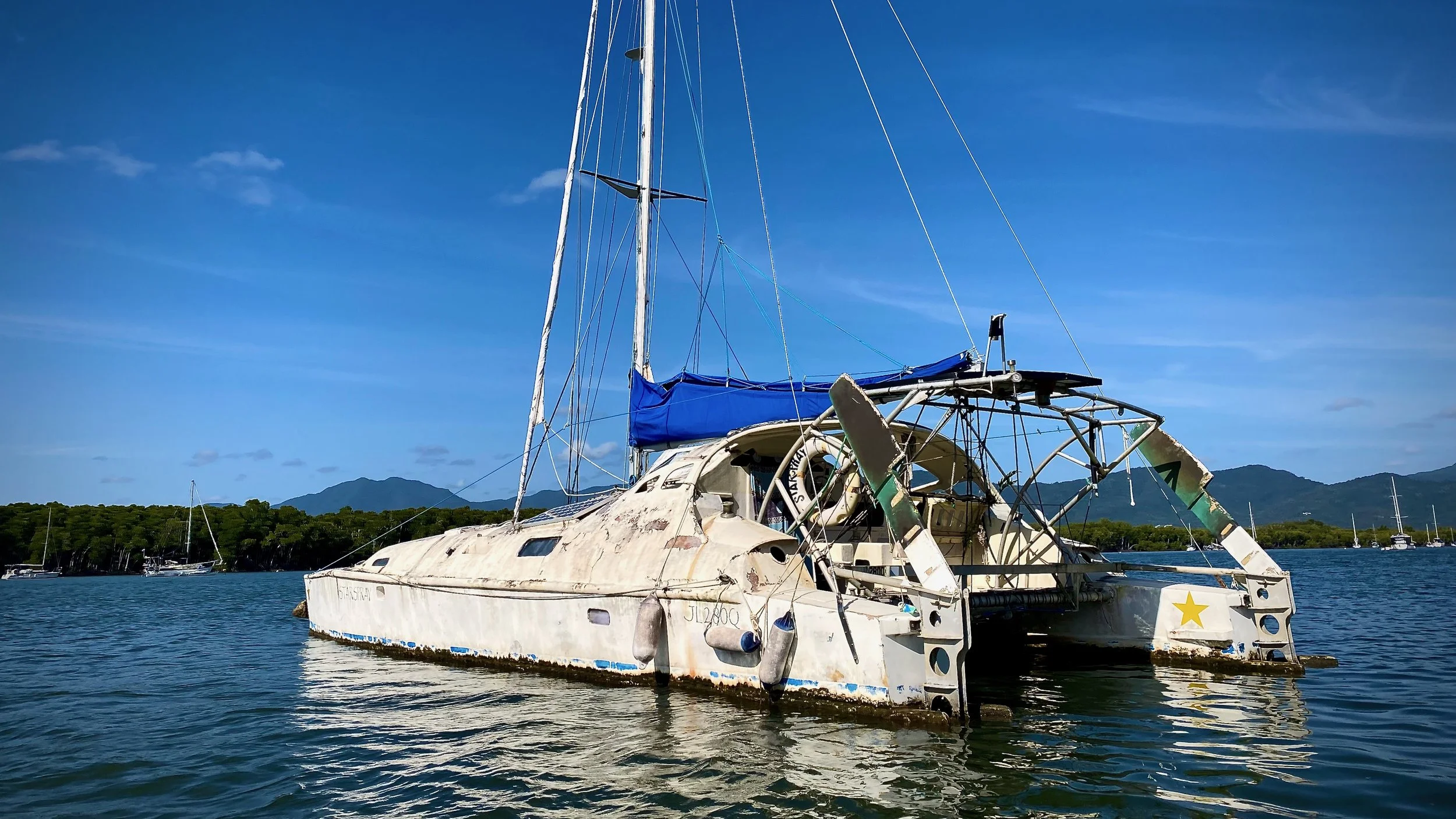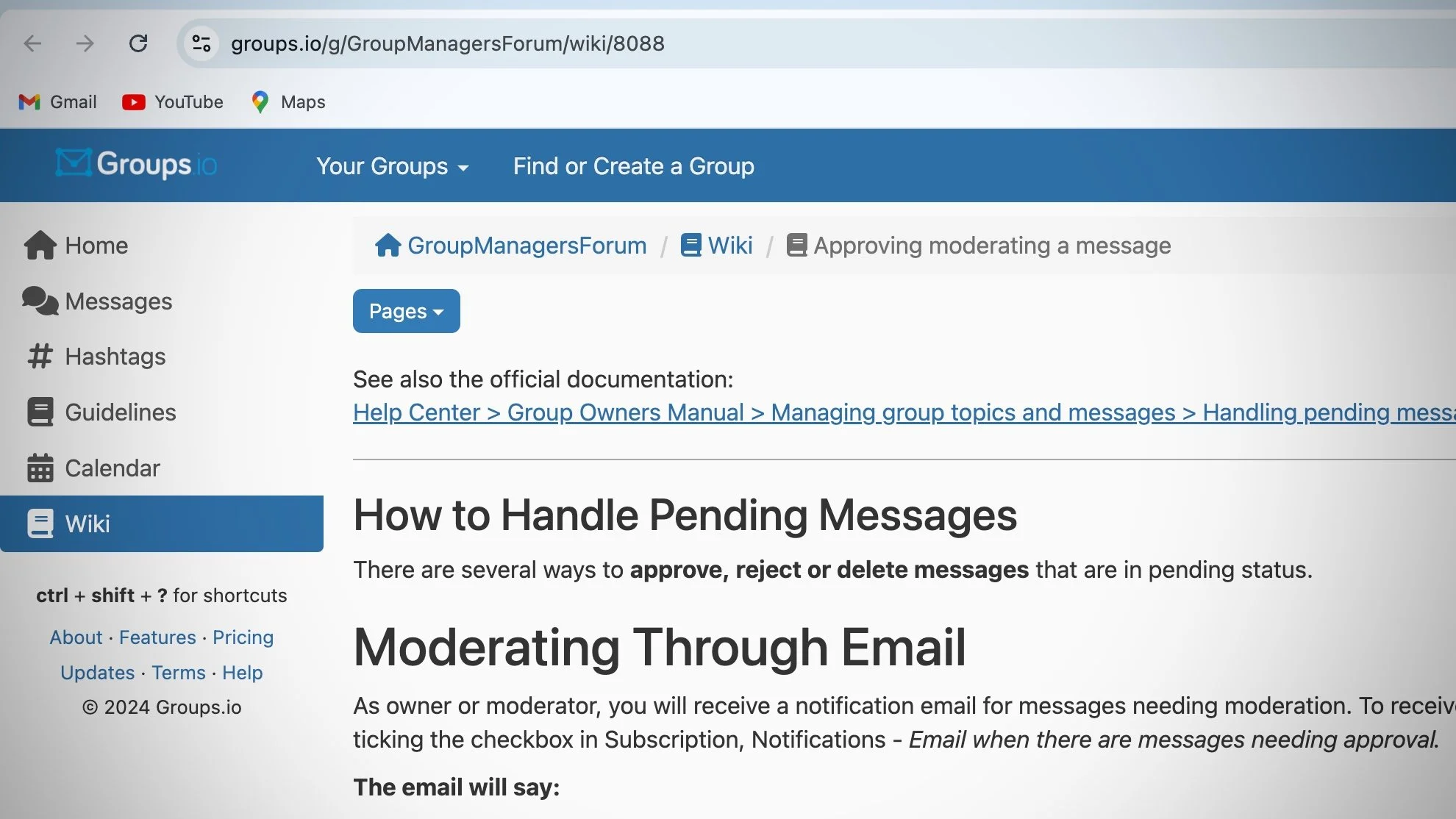How to Buy a Boat
01-03-06
“Normality is a paved road: It’s comfortable to walk, but no flowers grow on it”
Most people start their boat-buying quest online, where you might unearth a gem, or equally, you might end up with a floating disaster
How to Buy a Boat Without Losing Your Mind (or Your Savings)
A few weeks ago, I shared the disaster of our boat-buying experience back in 2017 in a post charmingly titled “How NOT to Buy a Boat.” After dusting off the emotional scars and having a think, I’ve decided to revisit the subject, but this time with a more practical, slightly less traumatic mindset, because, let’s face it, I don’t want to scare you off entirely.
If you’re serious about boat ownership and don’t fancy spending more time fixing things than sailing, you’re going to need a proper plan. That’s why I’ve put together a checklist at the end of this post to help steer you towards a lightly better boat buying experience than we had.
Navigating the Digital Wild West: Online Marketplaces
Most people start their boat-buying quest in the digital jungle of online marketplaces, where you might unearth a gem, or equally, you might be duped into handing over your life savings for a floating disaster. (Again, if you don’t believe me, go read “How NOT to Buy a Boat” and have a chuckle at our expense.)
One of the most popular online market places for boats: YachtWorld.com
Well-priced boats vanish fast and some buyers will even throw down the cash sight unseen. I wouldn’t recommend that approach for a multitude of reasons! Of course, these platforms are useful, but treat them with the same caution as you would when buying a house, or a second-hand car from a bloke down the pub.
Define Your Needs (Before You Regret Everything)
Before you start emptying your bank account, take a moment to consider what you actually want from a boat. Are you picturing a lazy Mediterranean sabbatical, a daring jaunt to French Polynesia, or perhaps a full-on circumnavigation as we did? If you buy a lightweight racer, you’ll be uncomfortable on extended voyages; if you go for a heavy cruiser, you’ll get there, but only just before you collect your pension.. again as we did! Knowing your needs upfront will save you a fortune in post-purchase existential crises.
Test Different Boats (It’s Not Like Buying Shoes)
Before committing to a boat model, why not test one first through a charter company like this Fountaine Pajot Bali, listed with Dream Yacht Charter?
You wouldn’t buy a pair of shoes without trying them on first, so why would you commit to a boat without giving it a whirl? You can test boats through charters, sailing clubs, or even cheekily borrowing from a mate. Get behind the wheel, feel the wind in your hair, and see how each one handles—or doesn’t. It was through this method that we decided against buying a catamaran.
Manufacturers change production methods like the weather, meaning a boat from one production run might be as different from another. So, do your homework, especially if the brand has changed hands, which they often do!
Reputable brands - such as Moody - can changed hands, meaning a boat from one production run can be completely different from another.
Budget Realistically (Spoiler: It’s Going to Cost More)
I’ll go into more detail about budgeting in another post, but here’s the takeaway: the cost of the boat is just the beginning. Maintenance, mooring, insurance, and the inevitable upgrades are all lurking around the corner. Oh, and whatever you think that shiny new gadget or modification will cost, allow for labour costs and double it—unless you fancy doing the installation yourself.
Beware of the bargain boat. Sure, it’s cheap now, but that ‘little bit of work’ you thought it needed will quickly become a money pit. A boat that’s well-priced and ready to go will always be better than a “bargain” that needs ‘some attention’.
Old vs. New: The Eternal Debate
Older boats, were often built like tanks, thick, heavy, and over engineered, like our Amel Super Maramu
Older boats, particularly pre-2000 models, were often built like tanks. Thick, heavy, and over-engineered. Wonderful. However, with age comes wear, and you’ll need a thorough pre-purchase survey to make sure it’s not just a heap of floating nostalgia.
Newer boats, on the other hand, come with shiny gadgets, warranties, and better fuel efficiency, but don’t be fooled by the glossy brochure. Seaworthiness and maintenance are what really matter, not that it sparkles in the sunlight.
New Boats: The Temptation (and the Reality)
Buying new eliminates a lot of the guesswork. You can customise to your heart’s content, and they even throw in a warranty. Lovely. But remember, modern production boats are often built with all the maintenance convenience of a locked safe. Cables and critical equipment are wedged in tight behind glued panels.
Buying new eliminates a lot of the guesswork and comes with shiny gadgets, warranties, and better fuel efficiency, like this Leoapard 45 catamaran
If you’re hell-bent on going new, boat shows can be a good place to look. You can compare models, ask questions, and mingle with the so-called experts. But don’t get carried away with the shiny extras. Stick to your budget, or you'll be refinancing your house for a teak deck you don’t need.
Take Your Time (Patience is a Virtue, Apparently)
Don’t let brokers or sellers rush you into a quick sale. A well-chosen boat takes time to find. Make a checklist or even a spreadsheet if you’re that kind of person. (I am, Irenka most definitely isn’t!) Go through it methodically. If something feels wrong (or smells fishy) walk away.
Boats that linger on the market tend to have skeletons in their bilges. Whether it’s a failed survey, a dubious repair job, or simply an overpriced listing, do a bit of detective work and find out why it hasn’t sold. Also, that ‘new listing’ might have had several new listings with several brokers over the years.
Local Brokers and Small-Time Deals
Pop into a local brokerage to practise your haggling skills and get familiar with terminology.
Even if your local area doesn’t seem like a boating hotspot, pop into the nearest brokerage and practise your haggling skills. Get familiar with the terminology. Brokers have a peculiar way of describing things—terms like ‘well-loved’ usually mean 'falling apart' and ‘great potential’ means 'bring a hammer.'
If you're truly new to this game, it might even be worth buying a smaller boat locally as a learning tool. That way, you can master boat systems, paperwork, and all the day-to-day quirks of sailing without risking your retirement fund on a bad decision.
Word of Mouth: Old-School Still Works
Boat forums, YouTube channels, and fellow sailors are a treasure trove of information. The best tips often come from those who've been in the trenches (or bilges) themselves. Sometimes, they’ll even point you to a deal that hasn’t hit the online listings yet.
Just watch out for confirmation bias—some boat owners will wax lyrical about their purchase just to avoid the embarrassment of admitting they bought a lemon.
If you want to stay on budget and keep your sanity and marriage, don’t even think about a "project boat" or "free boat."
And don’t even think about taking on a "project boat" or "free boat." These almost always end in tears, stress, and an argument with your bank manager and better half. If you want to stay on budget and keep your sanity and marriage, avoid the bargain route like the plague.
The Self-Appointed "Experts"
There’s no shortage of self-styled experts on the internet, and some may even try to nudge you from public forums into private messaging with promises of insider information... and then charge you for their ‘insights.’ You don’t need them. Thankfully, most relevant information is free to anyone with access to an internet browser. The only person you should ever pay at this stage is an experienced and qualified surveyor.
Self-styled online experts may try to nudge you from public forums into private messaging and then charge you for a 'consultation'. The only person you should ever pay at this stage is an experienced and qualified surveyor.
The Bottom Line
Boat buying is a marathon, not a sprint. Whether you go old and sturdy or new and shiny, plan carefully, budget wisely, and test thoroughly. The perfect boat does not exist, but somewhere out there is a boat that will suit your needs just fine. But finding it just takes patience, persistence, and a just a modicum of scepticism.
Top Tips for Buying a Brokerage Boat
Based on our experience, here are our top tips when buying a brokerage boat:
Have a loose set of criteria based on your sailing plans and start your search from there. Your perfect boat doesn't exist. All boats are a compromise.
Don’t scrimp on the survey. A detailed report will put you in a much better negotiating position and will actually save you money in the long run.
Engage a straight-talking surveyor who is familiar with the make of your boat, is willing to do a test sail, and can have a chat with you afterwards.
Survey reports are carefully worded documents designed to cover the surveyor’s legal position and form an important part of your insurance application. So, an informal chat during or immediately after the survey can often be far more informative than the report itself.
Allow at least 25% of the boat’s value for upgrades and maintenance. Research the market value of your chosen boat, but only make an offer that accounts for that 25%.
Search for a boat that’s within easy reach of your current location, with a VAT and legal system you understand, and where buying equipment is straightforward.
Put social media to work and crowdsource your research. Most production boats and systems have online owner groups, particularly on Facebook. Join these groups and ask questions. Every boat seems to have its own quirks, and the members will know all about them.
DIY boat maintenance skills are essential. If you’re not a hands-on person, learn, or be prepared to spend a lot of money. Boatyards are great places to start if you want some hands-on experience.
A well-equipped boat with plenty of upgrades is worth far more than the face value of those upgrades. Sourcing and installing them yourself is a real headache.
An old, well-maintained boat is better than a new but neglected one, even if it’s a popular brand.
A good-quality boat at the standard market price is better than a fixer-upper at a bargain price.
The exchange rate can have a huge effect on the final price. If you can, try to play the currency game to your advantage.
Don’t make long trips to view only one boat. Line up as many as you can with as many brokers as possible.
Remember, brokers are salesmen who work on commission. Most don’t even own a boat, they’ll sell you a bad one if you let them.
Do your own research and never rush into a purchase agreement. The first boat we put an offer on was still on the market three years later. The owner stuck to his price but incurred three years of marina fees, insurance, and maintenance costs in the meantime.
That’s a wrap for another week folks. NExt time we’ll be looking at moving on a boat and off the dock.
If you want more straight-talking tales from life afloat, and information on how to buy a boat then you’ll love our upcoming book. We're inviting early readers to join the pre-launch crew and get behind-the-scenes access as we wrestle it into shape. It’s honest, unfiltered, and occasionally useful. Sign up here to get involved, give feedback, and be part of something that’ll either be a bestseller or a brilliant cautionary tale.

